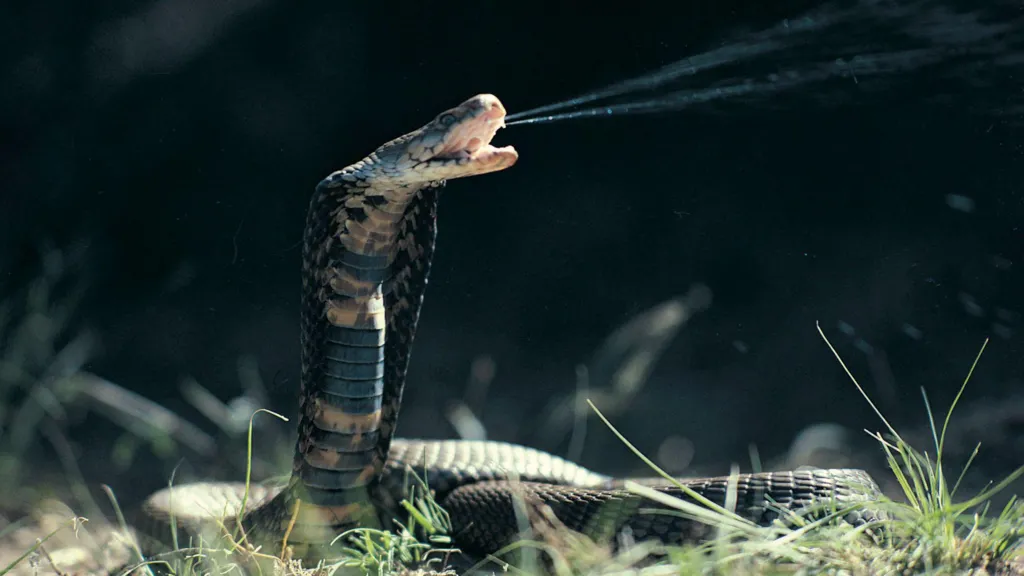A team of international scientists has discovered that Heparin, a drug commonly used to thin blood, can be repurposed as a cost-effective antidote to cobra venom. This breakthrough has significant implications for treating snakebites, which kill approximately 138,000 people annually and cause severe injuries to over 400,000 more, predominantly in low- and middle-income countries in Africa, South, and Southeast Asia.
Cobras, particularly in parts of Africa and India, are responsible for many of these bites. The venom of spitting cobras can cause rapid tissue destruction around the bite area, leading to necrosis. Heparin has been found to neutralize the necrosis-causing toxins in some spitting cobras’ venom. Although not effective against all snake venoms, Heparin offers a cheaper and more flexible alternative to existing antivenoms, which often target only a single snake species and do not prevent necrosis.
After successful tests on mice, human trials are the next step for this potential treatment.
Global Fight Against Snakebite
Professor Greg Neely of the University of Sydney, a senior study author, highlighted the potential impact of this discovery: “Our discovery could drastically reduce the terrible injuries from necrosis caused by cobra bites – and it might also slow the venom, which could improve survival rates.” Neely explained that venoms and toxins interact with human cells in limited ways, suggesting the possibility of developing universal antidotes for various species.
PhD student Tian Du, the lead author of the study, emphasized the practicality of Heparin: “Heparin is inexpensive, ubiquitous, and a World Health Organization-listed essential medicine. After successful human trials, it could be rolled out relatively quickly to become a cheap, safe, and effective drug for treating cobra bites.”
Addressing Neglected Tropical Diseases
Professor Nicholas Casewell, head of the Liverpool School of Tropical Medicine Centre for Snakebite Research and Interventions, noted the broader implications: “Snakebites remain the deadliest of the neglected tropical diseases, with its burden landing overwhelmingly on rural communities in low- and middle-income countries. Our findings are exciting because current antivenoms are largely ineffective against severe local envenoming, which involves painful progressive swelling, blistering, and/or tissue necrosis around the bite site. This can lead to loss of limb function, amputation, and lifelong disability.”
News Summary: Scientists have found that Heparin, a common blood-thinning drug, can be an effective antidote to cobra venom, particularly in preventing tissue necrosis. This discovery offers hope for a cheaper, more accessible treatment for snakebite victims, primarily in poorer rural areas. Human trials are the next step in validating Heparin’s effectiveness against cobra venom.
Source: BBC News
- Bell Canada and Ericsson Launch AI-Powered 5G Innovation
- New Study Explores Mindful Social Media Use as a Way to Boost Mental Health Without Logging Off
- British Columbia’s New Fossil Emblem, Traskasaura, Named in Honour of Late Fossil Hunter Mike Trask
- Canadian Robotics Firm Faces Layoffs Amid U.S.-Canada Trade War Slowdown


